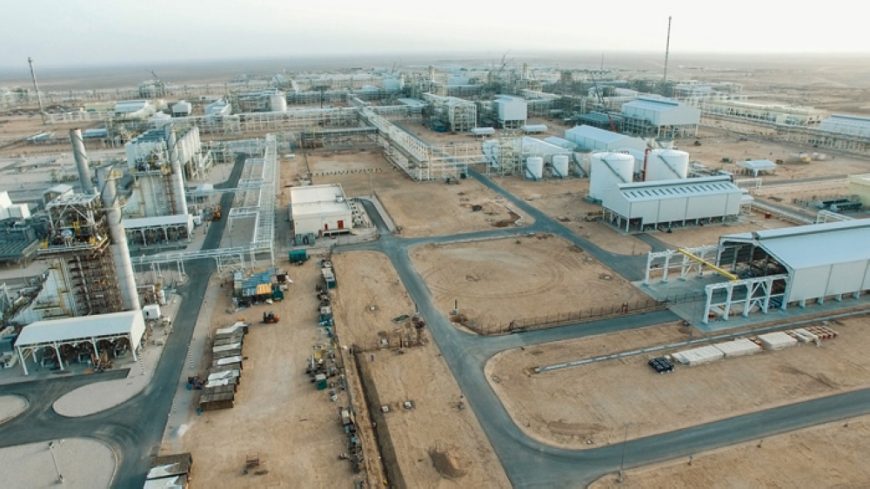Muscat: Petroleum Development Oman’s (PDO) Rabab Harweel Integrated Project (RHIP) has entered the start-up phase with gas production from the first sour wells, marking a key milestone for the mega project and coming two months ahead of schedule.
This represents a significant step in the commissioning process and work is progressing to initiate and stabilise the hydrocarbon processing facilities and to line up more wells. The plant’s capacity will be ramped up in the coming weeks.
RHIP is an integrated oil and gas development across the Rabab and Harweel reservoirs in southern Oman, which demonstrates many aspects of innovation, capital efficiency and sustainability. It is the largest capital project in PDO’s history, representing a reserve add of more than 500 million barrels of oil equivalent.
PDO Managing Director Raoul Restucci said: “Rabab Harweel is a world-class addition to our portfolio, coming in ahead of plan and well below budget. The investment returns are substantial, and, importantly, robust at low oil prices.
“This world-class, highly technical and complex project has been delivered by a team of skilled Omanis with an impressive safety record, overcoming significant logistical, technical and operational challenges. It is a great source of pride to everyone in PDO. I also want to take the opportunity to commend our strategic partners, Petrofac, CCC and Al Turki Enterprises for the sterling delivery and proficient collaboration.”
The facilities were built to handle the production of oil and gas from the Harweel oil reservoirs via miscible gas injection (MGI) — an enhanced oil recovery mechanism pioneered by PDO — and the production of gas from the Harweel and neighbouring Rabab reservoirs. Gas and oil production from RHIP will provide additional revenue that will contribute to economic growth.
The project posed significant safety challenges, not only dueto its size and complexity, but also because of the presence of a toxic, high-pressure mix of hydrogen sulphide and carbon dioxide. These gases are highly corrosive, which necessitated the use of corrosion-resistant alloys in materials and equipment. RHIP is designed to handle the toxic gases safely and effectively incorporating significant learnings from other similar PDO plants including the Harweel Main Production Station.
PDO Project Delivery Manager Shihab Al Barwani said: “The start-up of RHIP marks a significant milestone for the project. Everyone involved should be very proud of the work that has been delivered to reach this point.”
“The project combines human endeavour and ingenuity from across the world and here in Oman. We are proud to be working with our local communities, suppliers and partners to ensure its safe, reliable operations into the future, he added.
“RHIP forms an integral part of PDO’s portfolio and plays an important role in our growth journey and Oman’s economy as a whole,” he pointed out.
Although the procurement for the project engaged suppliers on a global scale, there was significant emphasis on In-Country Value with 50 per cent of the procurement cost spent within Oman utilising local supply chains.
A large number of Omani contractors and vendors, many from the local community, were involved throughout the project. Fabrication of pressure vessels, process columns, pre-assembly pipe rack modules, and power and instrument cables were supplied by Omani companies.
In addition, around 200 Omanis were trained as certified 6G welders (the highest international standard) through PDO’s National Objectives programme, specifically to work on the project.
Restucci added: “The project has created a huge number of jobs and development opportunities for PDO, local suppliers and contractors, as well as adding to the Company’s sour gas expertise, which we can leverage regionally and globally.”

